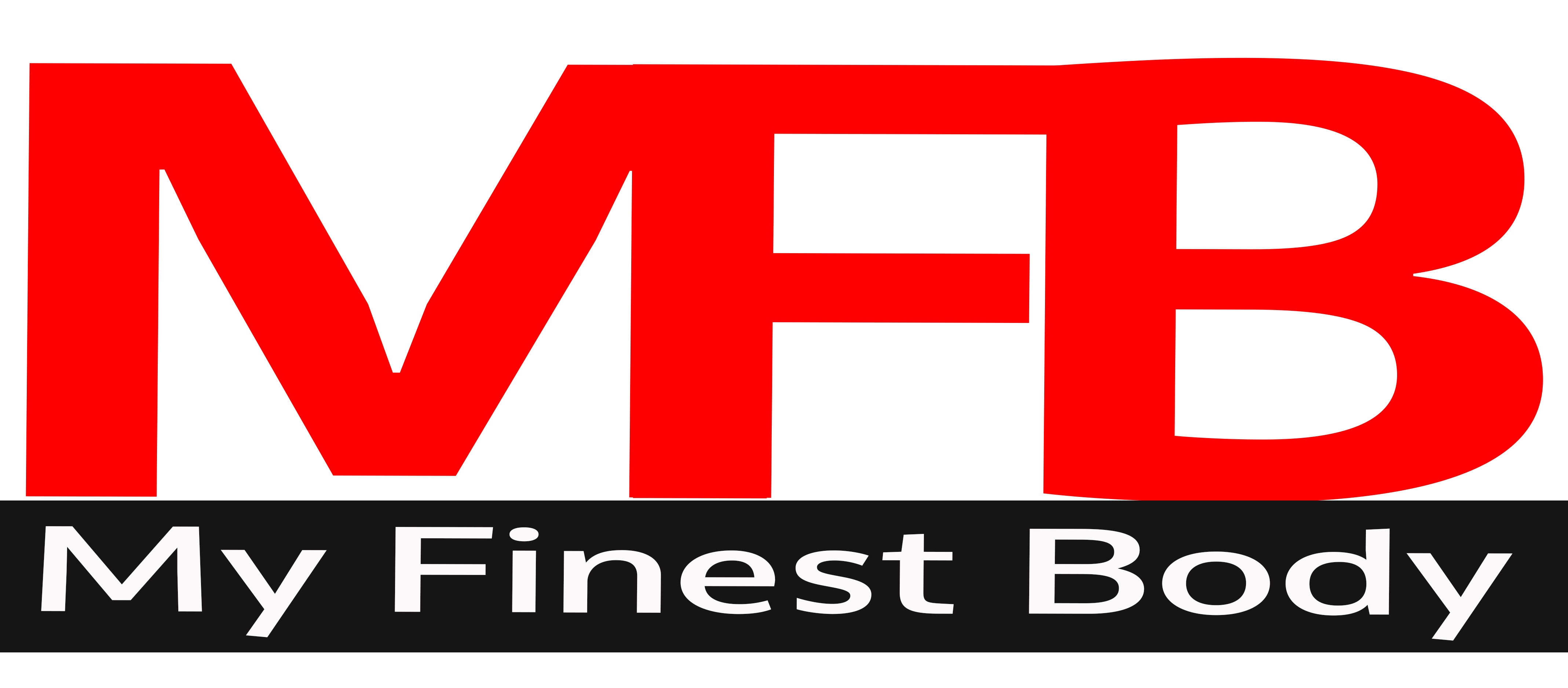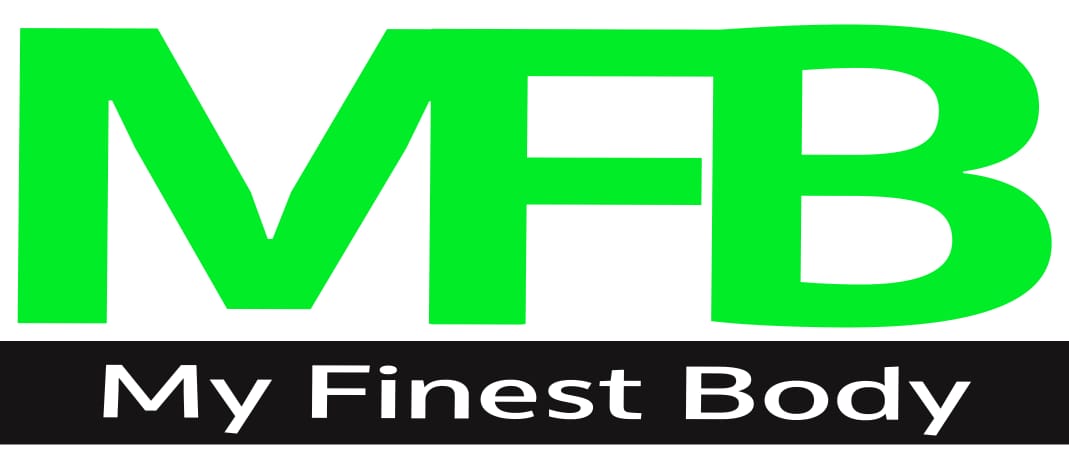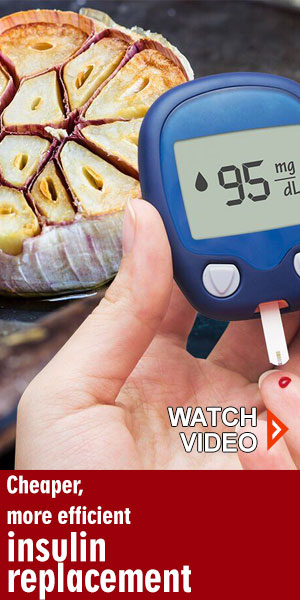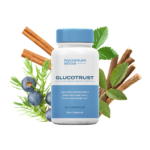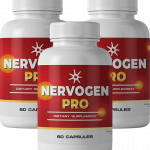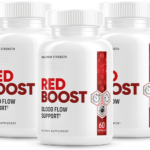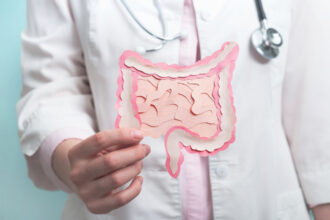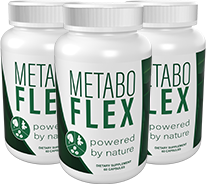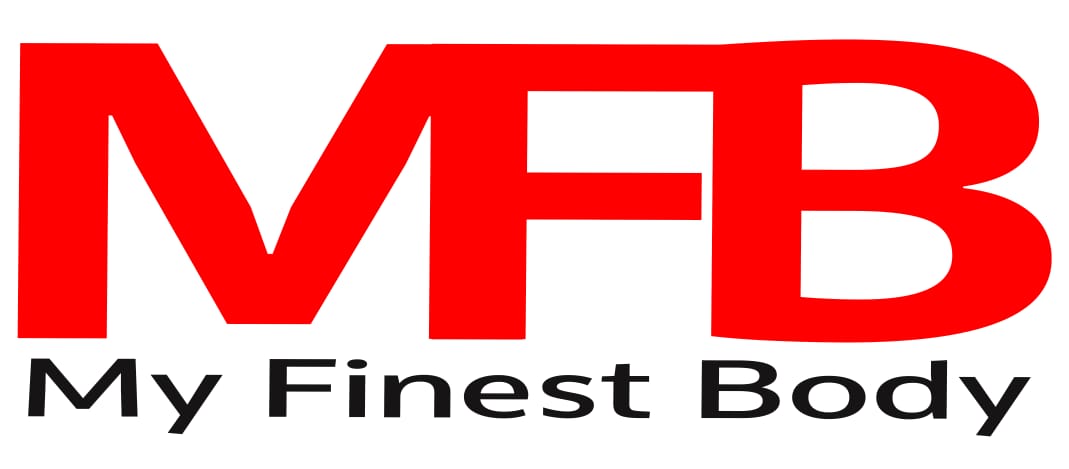1. Processed Foods
Processed foods are those that have been altered from their natural state. This includes canned goods, frozen meals, and pre-packaged snacks. These foods often contain added preservatives, artificial flavors, and unhealthy fats. Eating too much-processed food can lead to weight gain, high cholesterol, and an increased risk of heart disease.
2. Refined Grains
Refined grains are grains that have been stripped of their outer layer, which contains essential vitamins and minerals. Examples of refined grains include white bread, white rice, and white pasta. Eating too many refined grains can lead to an increased risk of diabetes, heart disease, and obesity.
3. High-Sodium Foods
High-sodium foods are those that contain large amounts of salt. Examples of high-sodium foods include processed meats, canned soups, and fast food. Eating too much sodium can lead to high blood pressure, stroke, and heart disease.
4. Trans Fats
Trans fats are a type of fat that is created when liquid oils are turned into solid fats. Trans fats are often found in processed foods, such as crackers, cookies, and chips. Eating too much trans fat can lead to an increased risk of heart disease, stroke, and type 2 diabetes.
5. Added Sugars
Added sugars are sugars that are added to foods during processing or preparation. Examples of added sugars include high-fructose corn syrup, brown sugar, and honey. Eating too much added sugar can lead to weight gain, an increased risk of diabetes, and cavities.
6. Artificial Sweeteners
Artificial sweeteners are chemicals that are used to sweeten foods and beverages. Examples of artificial sweeteners include aspartame, sucralose, and saccharin. Eating too many artificial sweeteners can lead to an increased risk of cancer, headaches, and dizziness.
In conclusion
Eating a healthy diet is essential for maintaining good health. By avoiding processed foods, refined grains, high-sodium foods, trans fats, added sugars, and artificial sweeteners, you can improve your overall health and well-being.

